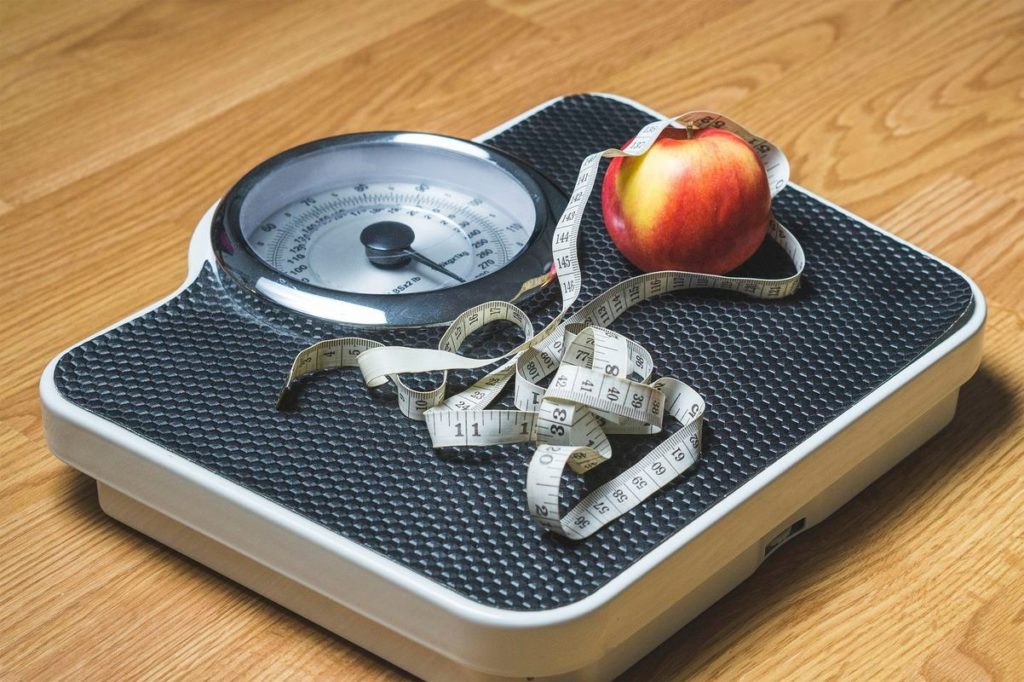General
How to Break the Familial Addiction Cycle
Despite the years of research that have gone into better understanding addiction, scientists still do not understand why some people suffer from addiction and others do not. Addiction is a biological disorder, meaning the chances of suffering increase if it runs in the family. Research indicates that there are genes linked to forms of addiction.…
Read MoreWhat Is Avoidant Restrictive Food Intake Disorder (ARFID)?
The ways that mental illness presents itself in people vary widely. Some suffer from mental disorders that they are born with and naturally develop as they grow up. A primary example is schizophrenia, which is commonly believed to be genetic and begins manifesting in early adulthood. Other mental disorders are influenced by genetics but are…
Read MoreBreaking up With Your Therapist
You may not always connect with a therapist on the first try, and that is okay. Finding a therapist is kind of like shoe shopping. You sometimes have to try different styles and sizes before finding the pair that fits just right. The same goes for therapy and treatment. There are many reasons for you…
Read MoreStimulants and Substance Use in California
Stimulants are highly addictive, commonly used substances. Stimulants are also, however, widely used to treat different medical conditions. Unfortunately, prescription use can, in some cases, lead to dependency. It is possible to use these substances without realizing it. A stimulant is a substance that excites the body by stimulating the central nervous system. They often…
Read MoreSuccessful Scholastics After Treatment
An integral component of treatment is finding the proper programs that will allow you to return to everyday life post-treatment effectively. One of those we at The Lakehouse Recovery Center like to promote is our relapse prevention program. In combination with at least one therapy session a week and weekly case management and counseling with…
Read MoreRecovery and the Importance of Setting Boundaries
It is important to set boundaries for yourself and others to maintain recovery upon leaving treatment. These boundaries are essential for enforcing self-discipline with yourself and cutting ties to the people from your past who were toxic or enabled substance use. Lack of boundaries can often be what causes substance use disorder (SUD) to spiral.…
Read MoreWords and How They Impact Recovery
We often say things to others that we wind up regretting, leading to the proverbial “insert foot.” Saying the wrong thing at the wrong time can have many unforeseen consequences, especially when someone is at a particularly vulnerable point in their life. This situation holds especially true for individuals in recovery—at all points of recovery—but…
Read MorePrevalence of Substance Use in California and Treatment With Lakehouse
Substance use disorder (SUD) is continuing to ravage the lives of millions of Americans year after year. As a condition that does not discriminate, Americans from every background are suffering with the majority of them doing so in silence. Even the people you may least expect are often suffering from an addiction to substances like…
Read MoreThe Dangers of Half-Fast Recovery
Sometimes, people who enter into addiction treatment do not fully engage in the recovery process. There are many reasons why that might be. For some, their motivation for entering into treatment is solely obligatory. They may feel bad for the pain they have caused their loved ones or think that entering into treatment is the…
Read MoreThe Importance of Making Amends
The concept of making amends is commonly associated with the 12-Steps to recovery. The Eighth and Ninth Steps of the program focus on creating a list of individuals someone has harmed and making amends when appropriate. We at the Lakehouse Recovery Center do not solely endorse the 12-Step approach. The Lakehouse believes that treatment should…
Read More









